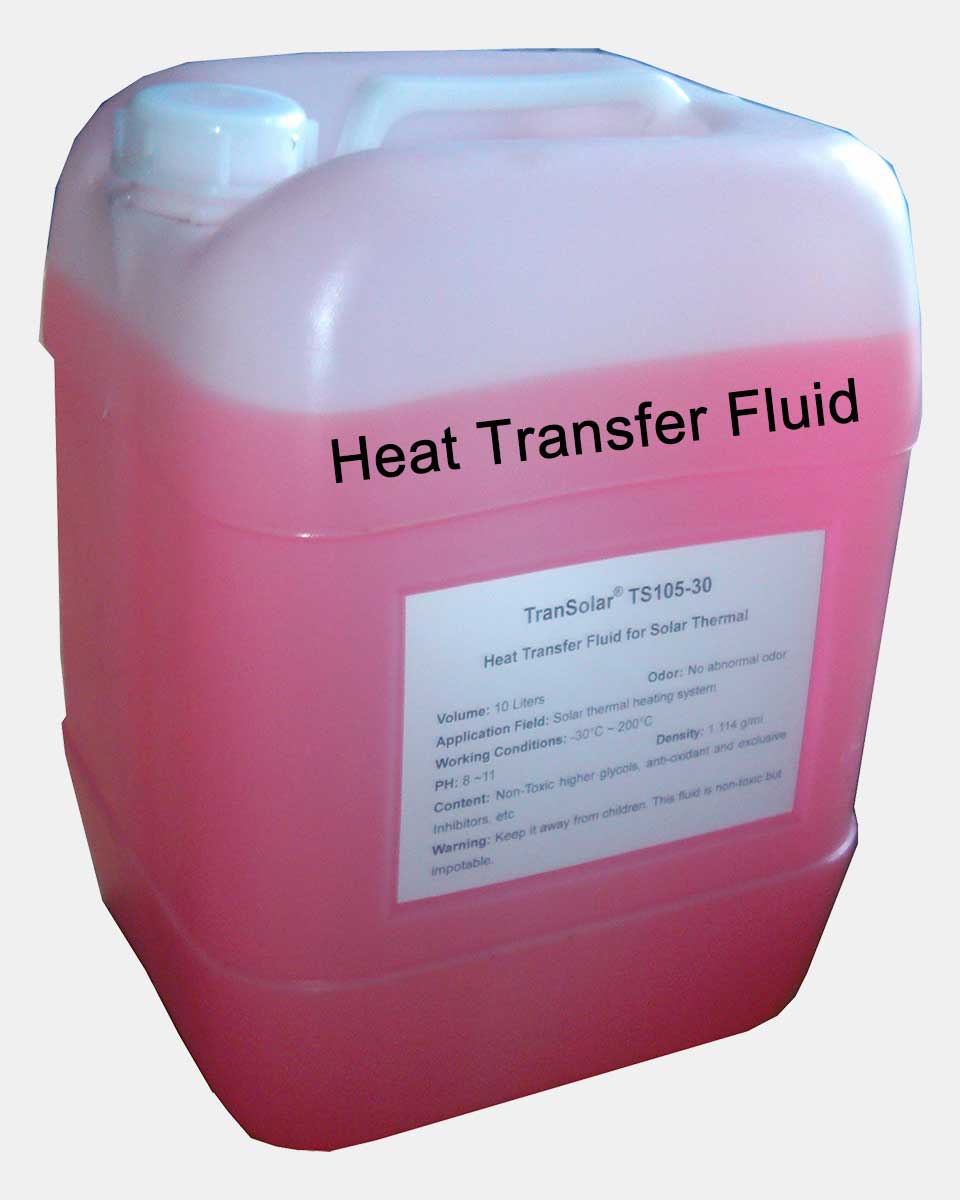How to Select the very best Heat Transfer Fluid for Industrial Applications
How to Select the very best Heat Transfer Fluid for Industrial Applications
Blog Article
Why Warmth Transfer Fluid Is Very Important for Optimizing Energy Transfer in Solution
The function of warm transfer fluids in enhancing power transfer is critical for attaining reliable thermal monitoring across various commercial sectors. These liquids help with smooth heat exchange, ensuring procedures run within optimal temperature level arrays and reducing the risk of overheating. Their selection, based upon variables like thickness and thermal stability, directly affects the efficiency and sustainability of a system. The details of choosing the ideal fluid are usually taken too lightly. What are the vital considerations for this selection, and exactly how do they affect both economic performance and environmental responsibility in commercial applications?

Function in Thermal Administration
Warmth transfer fluids play a vital duty in thermal monitoring by efficiently managing temperatures in various commercial procedures and systems. These specialized fluids help with the transfer of heat between various elements, ensuring optimal operating problems and stopping overheating. By preserving precise temperature level control, warmth transfer fluids make it possible for sectors such as chemical production, oil and gas, and power generation to operate securely and effectively.
The choice of an ideal warmth transfer fluid relies on a number of elements, consisting of thermal stability, heat ability, and thickness. High thermal stability makes certain that the liquid can withstand severe temperatures without degrading, while a high warmth capability allows it to soak up and release significant quantities of heat - heat transfer fluid. Reduced viscosity minimizes the energy needed for pumping, adding to overall system effectiveness
Furthermore, warmth transfer fluids are indispensable in applications like refrigeration, where they assist soak up and dissipate warmth throughout the cooling cycle. In solar thermal energy systems, these fluids capture and transportation solar heat to create electrical energy or offer warm water. Their versatility to diverse operating conditions and capacity to maintain constant thermal efficiency underscore their value in commercial thermal administration, facilitating operational connection and enhancing precaution.

Enhancing System Effectiveness
To maximize the advantages of thermal administration, boosting system efficiency via the tactical use heat transfer liquids is paramount. These fluids play an important role in enhancing power transfer by helping with regular thermal regulation, which consequently influences the overall efficiency and longevity of systems. Effective warmth transfer results in decreased power losses, reduced operational costs, and enhanced dependability of equipment. By keeping optimal temperature level degrees, warmth transfer liquids assist ensure that systems operate within their created criteria, thereby avoiding getting too hot and decreasing the threat of part failure.

Kinds of Warmth Transfer Liquids
The variety of warm transfer liquids highlights their crucial duty in a series of commercial applications, each tailored to meet specific thermal management special info requirements. These liquids facilitate effective power transfer and are chosen based upon essential homes such as thermal stability, thickness, and warm ability. The main types include water, glycol remedies, oils, and synthetics, each offering distinctive advantages.
Water is the most usual warmth transfer medium due to its high details warmth capability and affordable. Nonetheless, its usage is limited by its cold and steaming points. Glycol mixes, commonly utilized in heating and cooling systems, provide a reduced freezing factor, adding versatility in numerous climates. Mineral oils are favored for their thermal security and non-corrosive nature, making them suitable for high-temperature applications.

These fluids ensure exceptional performance in systems where traditional fluids might fall short. The option of a warmth transfer liquid is critical, as it affects system performance, safety and security, and official website long life.
Environmental and Economic Conveniences
Using the right warmth transfer fluids supplies considerable environmental and financial advantages for commercial operations. Environmentally pleasant heat transfer liquids, frequently eco-friendly and non-toxic, decrease the danger of dirt and water contamination in the occasion of leakages or spills, consequently protecting environments and complying with rigid environmental guidelines.
Financially, the best warmth transfer fluid can dramatically minimize functional costs. Reliable heat transfer decreases power expenditure, causing reduced utility bills and boosted profitability. Liquids with extensive lifecycle performance reduce the frequency of replacements and upkeep, lowering downtime and linked expenses. Buying high-grade fluids can additionally mitigate the danger of tools deterioration and failing, preventing expensive repair services and prolonging the life-span of critical facilities. In open markets, these savings and performances give a distinctive advantage, allowing companies to allocate resources better and buy additional advancement. Generally, the calculated use ideal warm transfer fluids supports sustainable economic development and ecological stewardship.
Choosing the Right Liquid
Exactly how does one browse the complex process of picking the best warmth transfer fluid for commercial applications? Choosing the ideal fluid is crucial, as it straight affects system effectiveness, safety, and operational prices. Secret factors to consider include thermal security, compatibility with system materials, and running temperature level variety. Thermal security guarantees the liquid can withstand heats without deteriorating, while compatibility protects against corrosion or other detrimental reactions with system parts. The operating temperature variety must line up with the system's needs to maintain performance and long life - heat transfer fluid.
Furthermore, the liquid's warm ability and thickness are extremely important. A high warmth capacity allows the fluid to take in and transfer more energy, enhancing efficiency. At the same time, optimum thickness makes sure minimal pump job and efficient heat transfer, especially in varying temperatures. Environmental and security elements must additionally be component of the decision-making procedure. Non-toxic, naturally degradable fluids decrease environmental impact and abide with governing criteria, decreasing responsibility threats.
Final Thought
The tactical selection and application of warmth transfer liquids are fundamental to enhancing energy transfer across various systems. By making certain high thermal security and ability, these liquids supply exact temperature control and enhance overall system performance. This optimization adds to decreased view functional prices and lower greenhouse gas discharges, thus advertising sustainability. The choice of liquid, customized to particular thickness and functional needs, is vital for maximizing efficiency and achieving financial and environmental advantages in commercial procedures.
Report this page